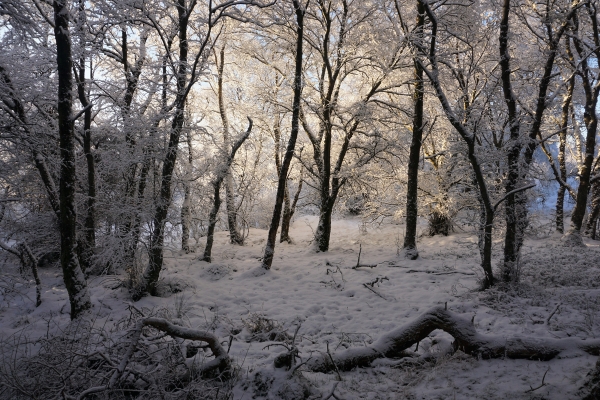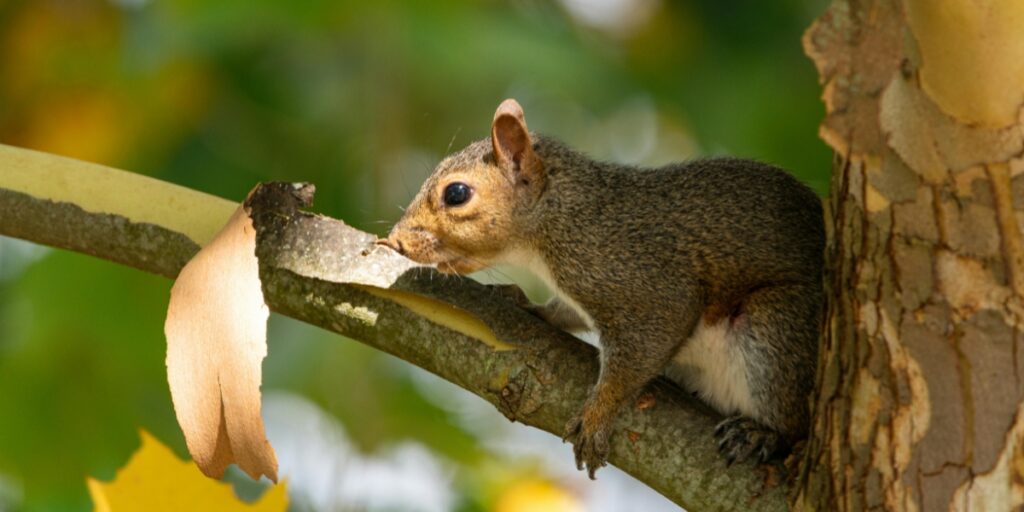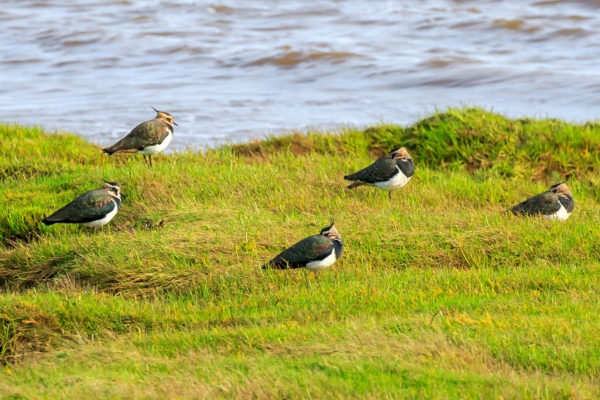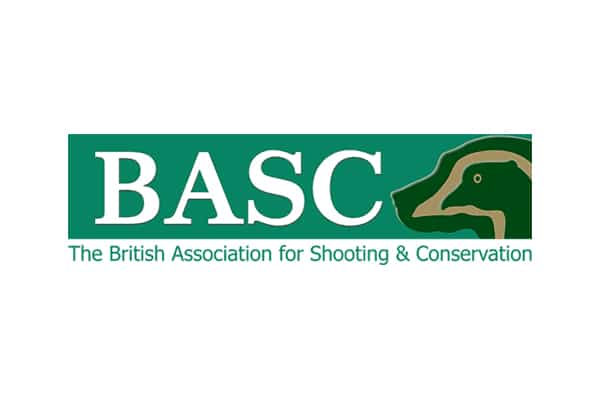
Help highlight the value of shooting in protecting UK woodlands
Share your views to help shape future guidance on the challenges of mammal damage to trees and the effectiveness of protection methods.
Get information on the legal shooting season for mammals and birds in the UK.
Apply for funding for your project or make a donation today
Comprehensive information and advice from our specialist firearms team.
Everything you need to know about shotgun, rifle and airgun ammunition.
Find our up-to-date information, advice and links to government resources.
Everything you need to know on firearms law and licensing.
All the latest news and advice on general licences and how they affect you.

UK Squirrel Accord has launched a UK-wide survey to assess the damage caused to trees and woodlands by non-native grey squirrels.
UK Squirrel Accord is inviting landowners, managers and volunteers with permission to participate in a grey squirrel damage survey to better understand the impact of grey squirrels through bark-stripping. Most recent estimates cite the cost of grey squirrel damage as £37 million per year in England and Wales alone.
Using the National Forest’s monitoring method, we are asking our members to record both recent and cumulative tree damage at regular intervals. The results will help create a national overview of damage levels and support local management strategies.
Grey squirrels are an invasive pest species. They present a significant threat to the development of healthy, climate-resilient woodlands. Bark stripping weakens and destroys young trees, diminishing woodland productivity and impairing their ability to provide essential ecosystem functions, such as carbon storage, flood mitigation and biodiversity support.
UK Squirrel Accord’s evidence-gathering is an important opportunity to better understand the scale and distribution of the problem. The data collected will provide valuable insights for woodland owners and managers, supporting more effective and targeted management strategies across the country.
BASC’s Natural capital benefits of shooting report highlights the need for grey squirrel control. Management associated with shooting prevents around £12 million in annual timber losses and safeguards an estimated £32.6 million worth of carbon value each year. These measures protect tree health and maintain the long-term environmental and economic value of the UK’s woodlands.
Ian Danby, BASC’s head of biodiversity, said: “Understanding the full extent of grey squirrel damage is crucial for shaping future woodland management. Shooters are ideally placed to contribute valuable data. Surveys like this highlight the importance of targeted, evidence-based control to protect trees, wildlife and the wider landscape. We encourage everyone who can to take part in the survey.”
The survey can be completed in any woodland where you have permission to access the land. Participants are asked to do the following:
Your survey results must be submitted by the end of December to contribute to the national data set.
Full guidance, including a downloadable recording sheet, a method overview and a helpful webinar on data gathering and submissions, is available here on UK Squirrel Accord’s website.

Share your views to help shape future guidance on the challenges of mammal damage to trees and the effectiveness of protection methods.

Breeding waders remain among the UK’s most threatened bird groups, despite decades of targeted conservation efforts.

Please email Natural England with your views on proposals to radically change the English general licences – which give the authority for activities such as pigeon shooting. The consultation closes on the 19th May.